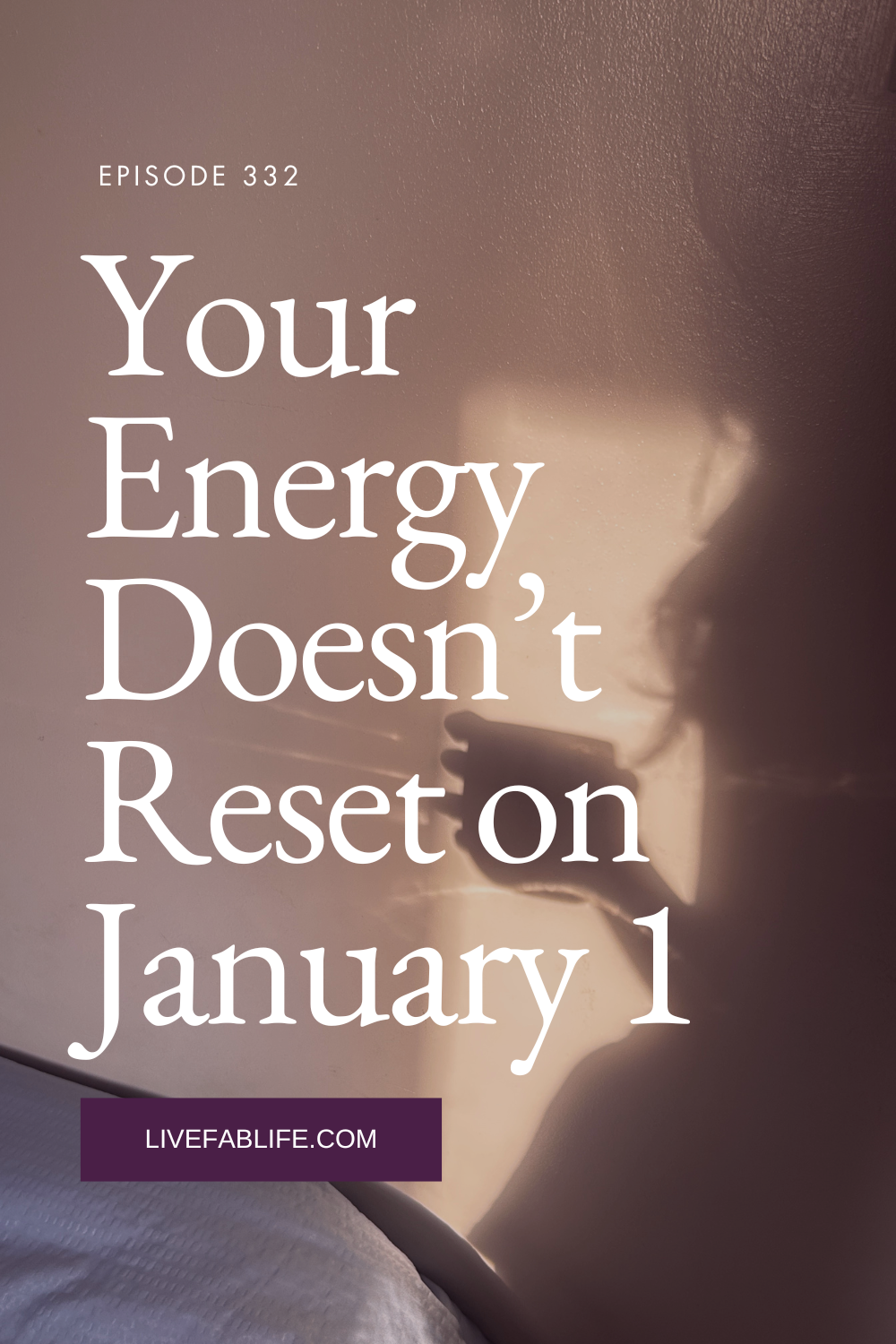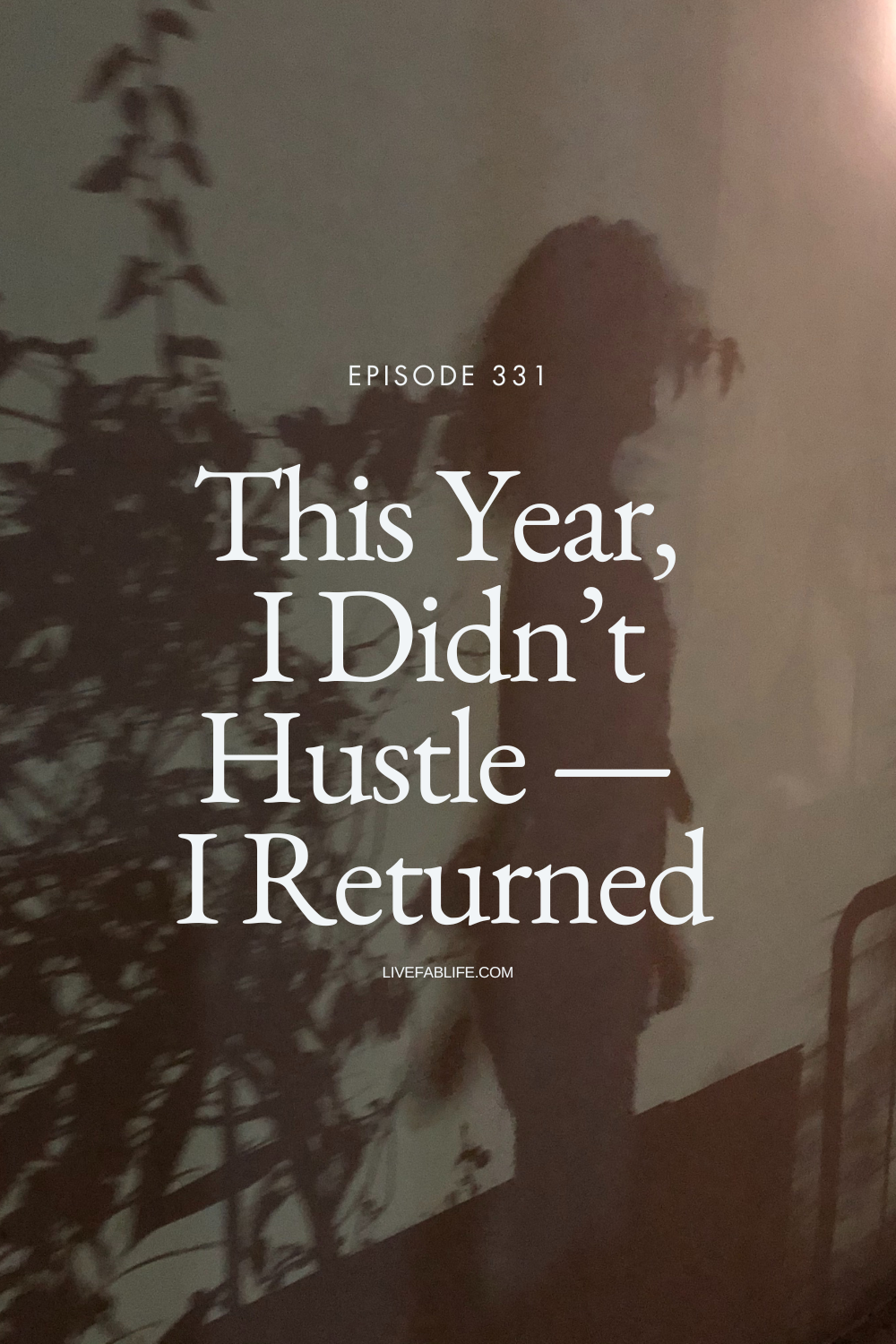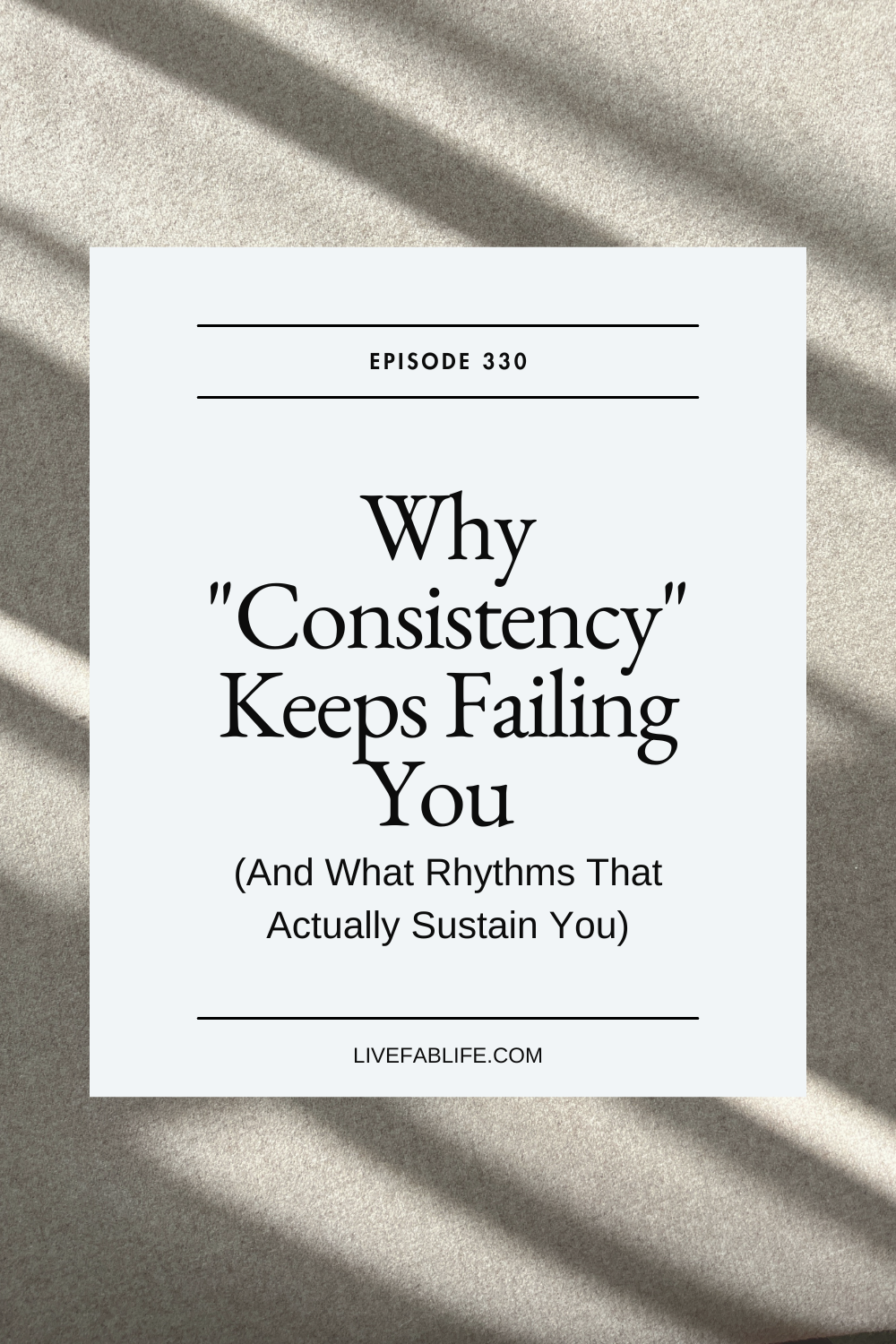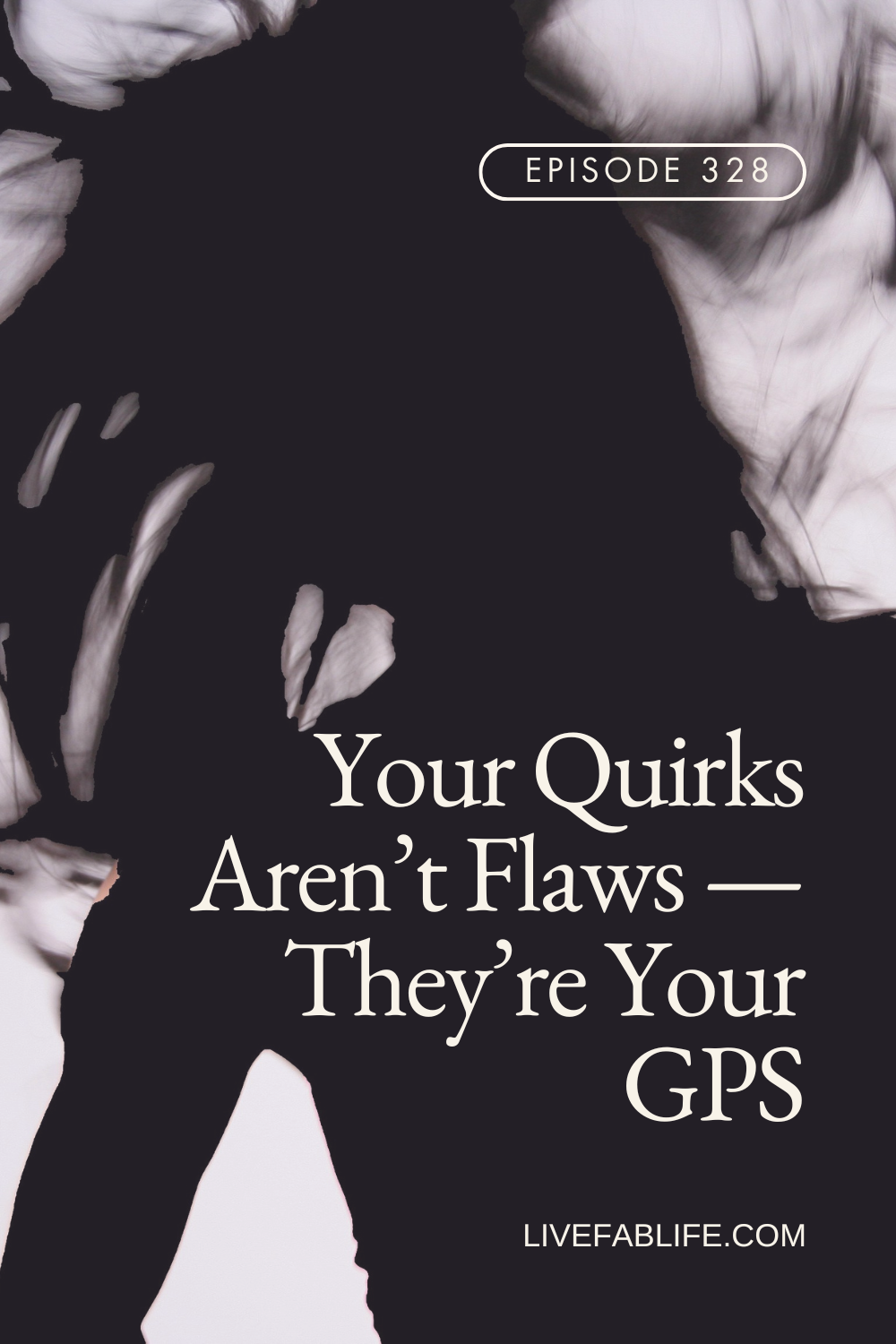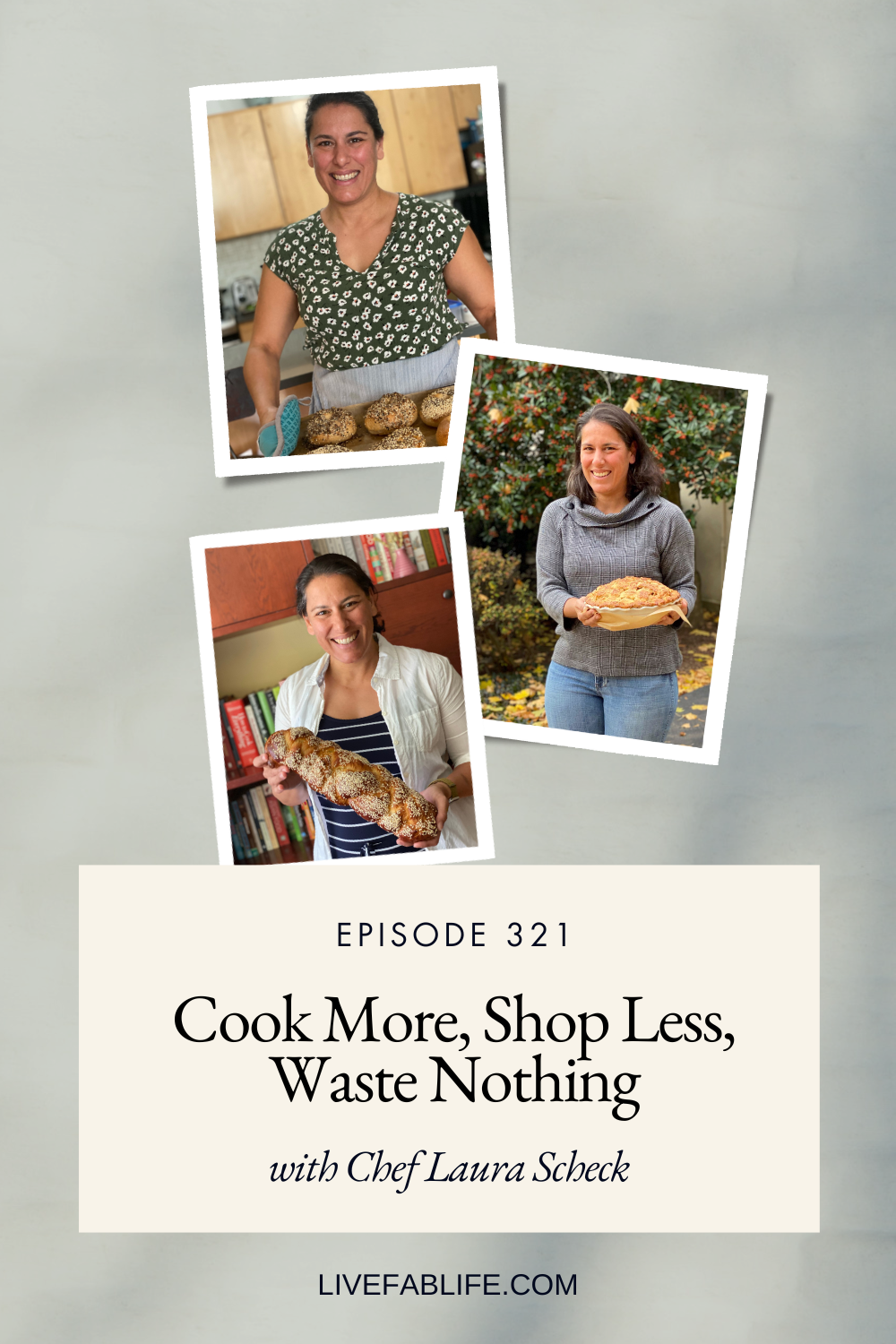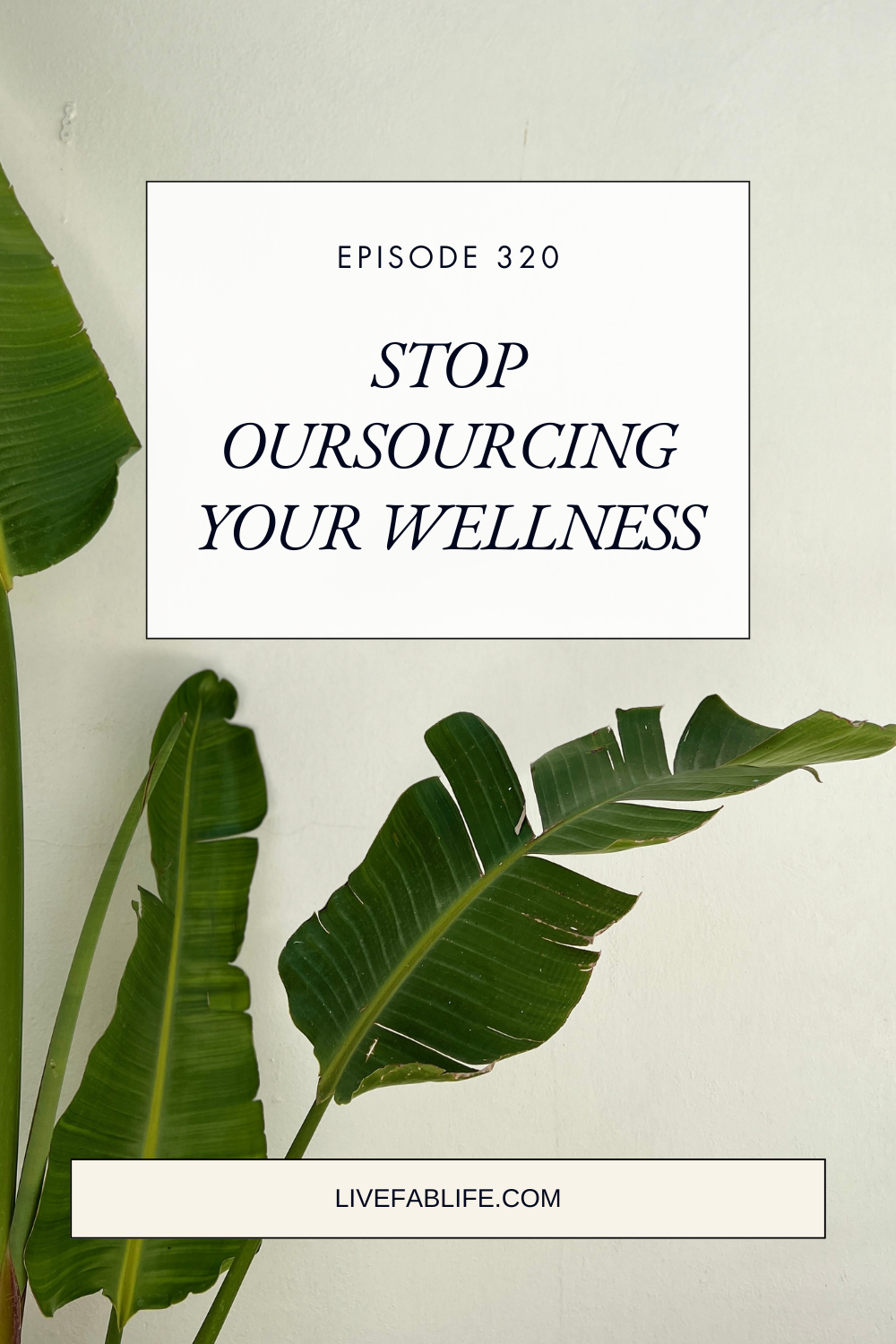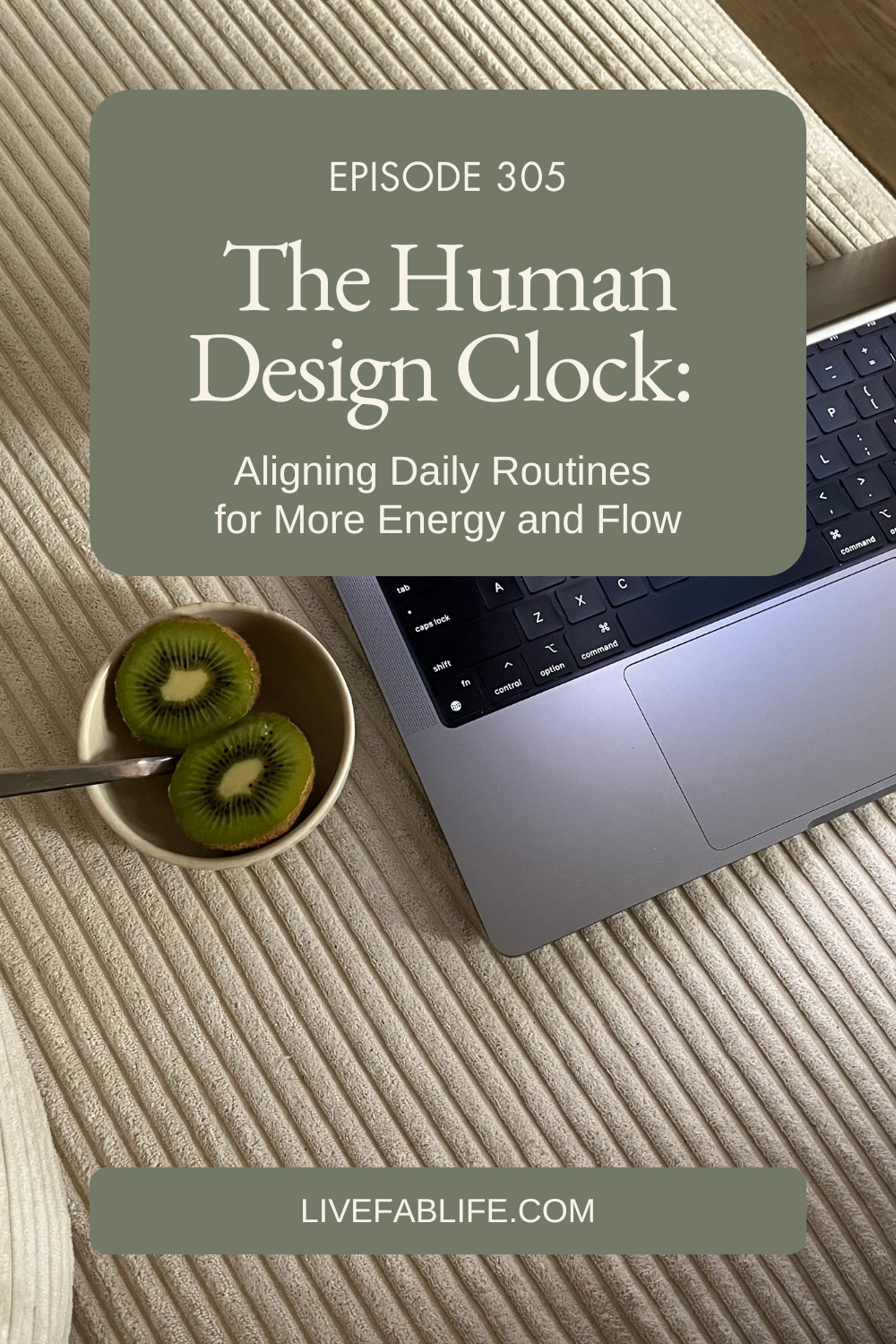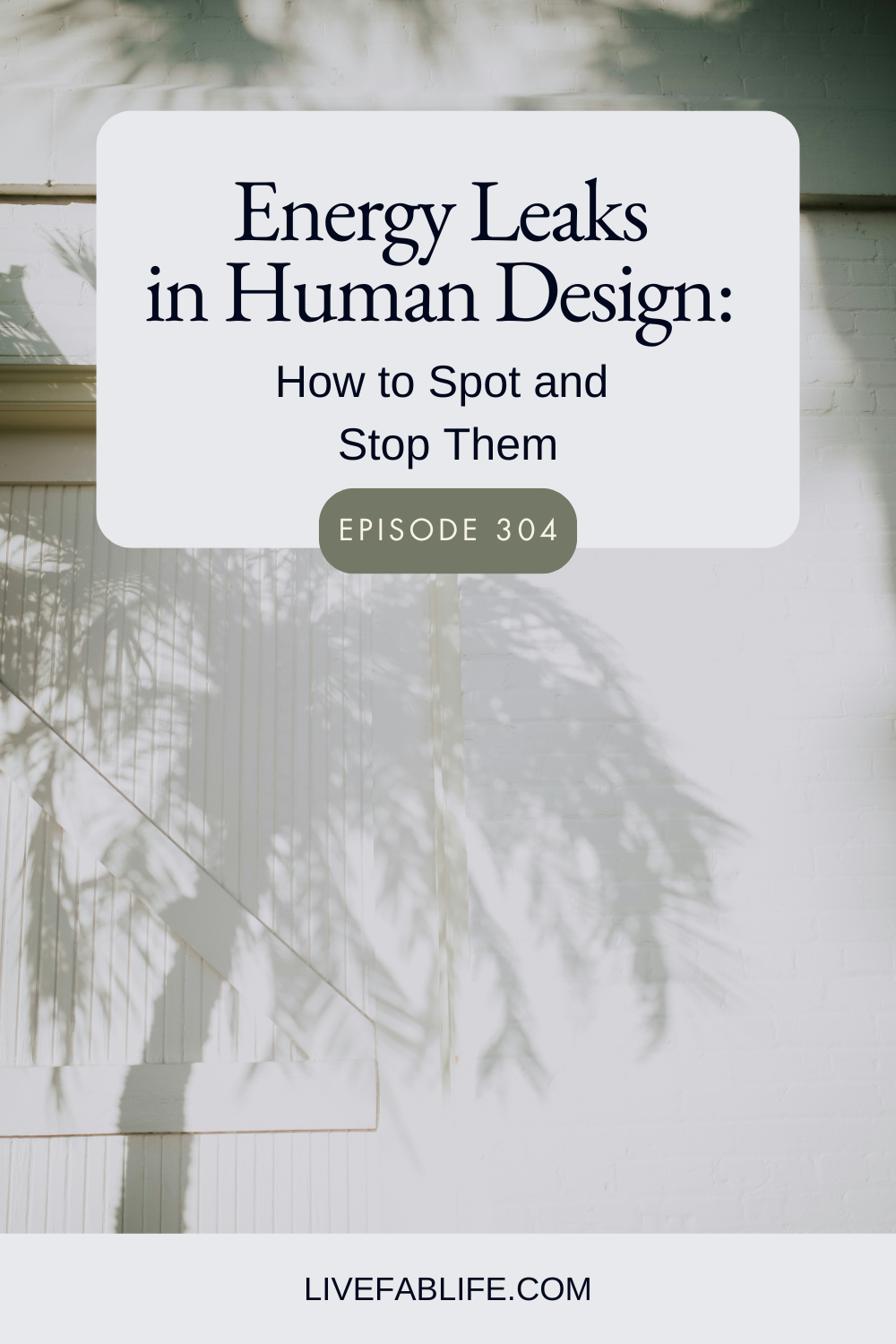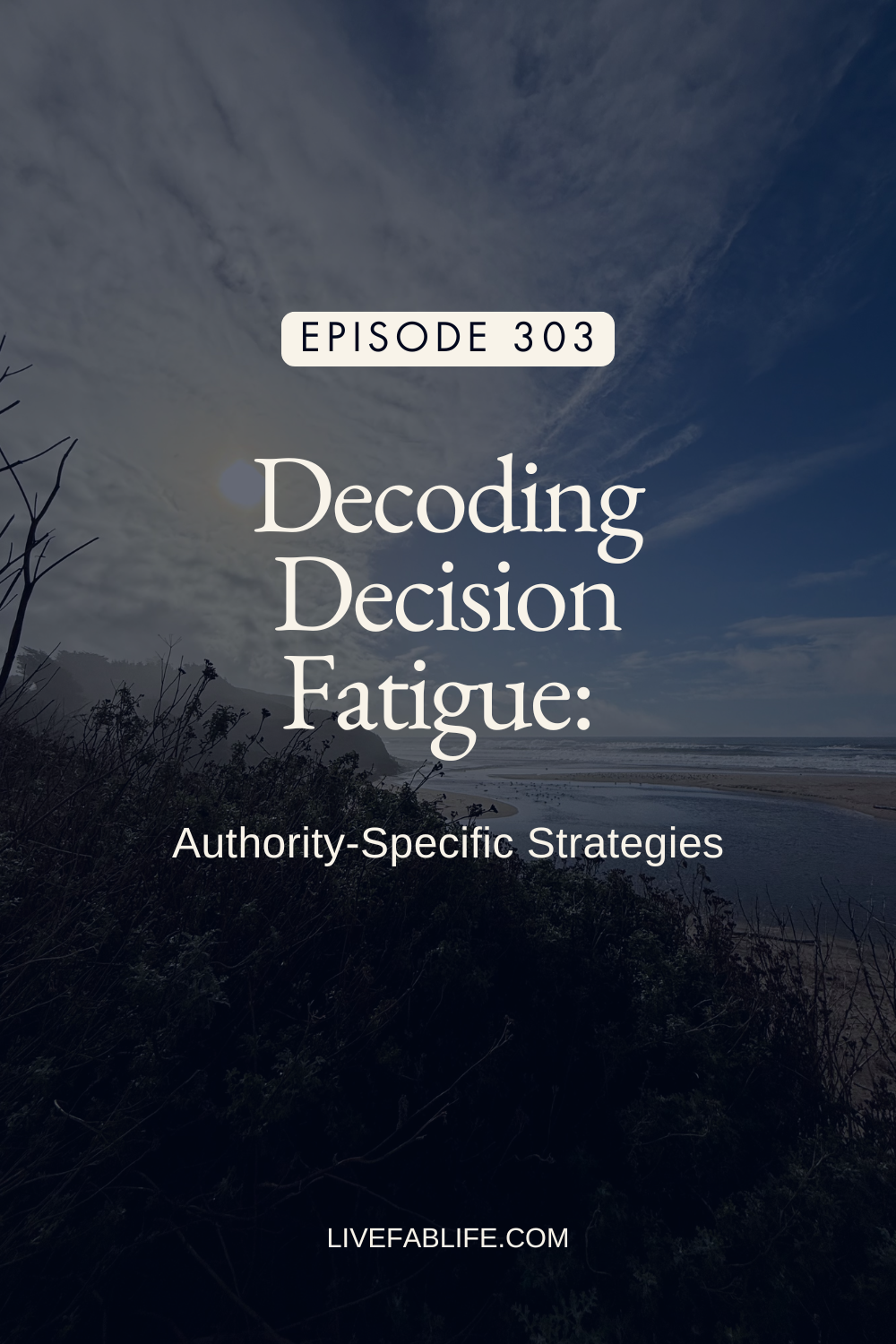Episode 146: Restoring Your Health with the Right Supplementation
It’s easy to think that we’re pretty healthy when we take supplements. This is true to some extent, but taking supplements is only one part of living a healthy life, and at times, can be overprescribed.
In this episode, I highlight supplementation and share my journey of how I started taking them back in 2013 when I began my self-healing journey to improve my overall health. I share how supplements helped me achieve optimal health over the years together, along with eating a well-nourished diet, practicing healthy lifestyle habits, and taking an integrative approach with prescriptions from medical and wellness experts.
Listen to the Episode:
Mentioned in the Episode:
Connect with Naomi:
Share the Episode:
“Supplementation is and can be a key component in restoring your health but don’t solely rely on it.”
Read the Transcript:
Before I jump into today’s episode, I want to let you know that I recently made a brand new workshop for you called, “Six Reasons You’re Tired All the Time, and How to Quickly Get Your Energy Back...for good!”
It’s a 30-minute, self-paced workshop, meaning, its a video recording that you can watch at your own convenience.
In the video I discuss:
Six reasons you’re tired all the time The foods & drinks that are the top energy stealing offenders One simple strategy you can implement immediately to avoid the mid-afternoon crash (and stop binging on sugar!) The fastest way to increase your energy, FOR GOOD (and it doesn’t involve supplements or caffeine) Three power-house energy boosting foods you can easily integrate into your diet today
And as a bonus for watching the video, I’m also including a 7-day Eating for Energy meal and recipe guide that’s filled with simple, easy and delicious real food recipes carefully curated with energy-boosting nutrients.
This is a free workshop, and you can find on my website, right on the homepage at www.livefablife.com!
Now on to this week’s topic:
When I first started seeing a functional medicine doctor, back in 2013, a big part of my treatment was a long list of supplements she prescribed. They ranged from things like probiotics, to herbs, to vitamins and minerals in pill form, to supplements to help with detoxification and chelation - I mean it was a lot.
And it was needed because there was so much dysfunction going on in my body, that these supplements were a critical part of my healing.
Over the years since then, my supplement protocol has shifted and adjusted according to the changes and improvements that have happened in my health.
But at some point along the way, I realized that I was a walking pharmacy, and really, no different than someone who has a long list of pharmaceuticals that they take to manage their health.
My specific wakeup call came when I was packing for a trip. I have one of those pillbox sets, you know the ones where there’s a section for every day of the week? Well, I had so many supplements that I was taking every day, that they didn’t fit in the daily boxes - and these were not small boxes.
And that was when I pressed pause and was like - “What am I doing here?”
Those of us in the holistic and wellness world, place high importance on supplements, often over pharmaceuticals, in one’s health restoration. There are even some holistic folks shun those who take pharmaceuticals.
I take an integrative approach. This means that I do believe there is a time and place for western medicine and pharmaceuticals, especially in situations where it can immediately provide pain relief and save someone’s life in a crisis.
For example, if I’m in a car accident with broken bones and internal injuries, you better believe I'm going to want to be treated by western medicine and medicine that will help ease suffering and help me recover.
I also believe that pharmaceuticals are helpful when someone is dealing with a high-risk condition, has symptoms that need to be addressed immediately, and/or if it can improve someone’s quality of life so that they can function on a daily basis.
Like if someone has diabetes and/or high blood pressure, medication helps them manage their condition.
But, at the same time, I believe they should also be working concurrently, to address their condition by improving their diet and lifestyle habits. The goal should always be to get off of medications.
While that may sound obvious, I know there are people who believe once they are on such medications, they’re on it for life. Or they’d rather load up on their meds rather than make an effort to change their diet and lifestyle.
And unfortunately, I think a lot of folks get caught up in the same way of thinking, with supplements.
Pay attention to any influential, popular, or even those not so well-known naturopath or functional medicine doctor. A lot of them have their own line of supplements that they sell, and for the most part, those supplements are white-labeled. That means they’re created and developed by a third part company, and the doctor sells them under their own brand, or labeled as their own.
There’s NOTHING wrong with this, but because it is a revenue stream for them, personally I think their supplements can be over prescribed.
In fact, just today, I received an email from a natural medicine doctor talking about how zinc is crucial to COVID prevention. Now, of course, I opened the email because I’m interested in reading up-to-date findings coming out about COVID because it is so unknown and findings being made daily.
However, when I opened this particular doctor’s email, instead of talking about what zinc is, and why its important for immune support, and thus, how it can be a defense against covid, bam - she went straight into promoting zinc from her line of supplements.
Again, there’s nothing wrong with that, but I think if we, as a society, want to get out of this “quick fix” mindset that taking a pill alone, pharmaceutical or supplement, is the answer to healing, well, I think that’s doing us a disservice.
Mindset shifts need to happen for people to realize that hey, while this supplement or medication will help me in the moment, if I'm taking a bigger picture approach to actually fixing what’s wrong, what’s at the root of my condition or problem, nothing really gets fixed.
Like how medications can merely be a bandaid, not a long-term permanent solution, the same can be the same about supplements.
I would have loved to open this email from this naturopath that led with teaching people what is zinc, how it supports the immune system, what foods are rich in zinc, and then how they can simply and easily incorporate it into their daily diet. Still mention your zinc supplement, but again, supplements should be just that - a supplement to the nutrients, the vitamins and minerals that you get from eating real, whole foods.
I think those of us in the wellness space, get so caught up in what supplements we’re taking, we forget to check in with ourselves, and by that I mean to step back and pause and take a look at what we’re eating.
Are you eating one too many gluten-free treats? Many one too many Hu chocolate bars? How about those Paleo cookies? Or how about simply not eating enough fruits and vegetables for fiber?
I work with a macros coach, who will be coming on the show soon, and every week I have to set a goal for myself and recently, as I reflected back on my week, I realized that, “hey I didn’t eat a lot of veggies this week.”
For a lot of folks, this can be a prolonged thing, to the point where they develop nutritional deficiencies in their diet. So this is where supplements can really fill a gap in quickly addressing some of those deficiencies, but again, concurrently, with making diet and lifestyle changes to bridge the gaps.
Now there are situations where long-term supplementation is necessary. For example, through my genetic data that I got from my 23 and Me test, my functional medicine doctor noticed that my body doesn’t easily absorb vitamin D. Its a genetic disposition that I have, so I’ve been advised that I should always supplement vitamin D.
This doesn’t mean that I still don’t try and get vitamin D naturally through sunlight, and foods like salmon, eggs or mushrooms, but I also don’t solely rely on supplementation either.
And that’s really the message that I want to leave with you today.
Yes, supplementation can be a key component in restoring your health, but don’t solely rely on it.
Like when you take medication, your goal should be to restore and repair the terrain in your body to the point where you don’t need to take the supplements anymore. And you do that by eating a real foods diet made up of whatever nourishment is needed for your individual body, through repairing your gut health, reducing your exposure to toxins that you may be exposed to, and a large, but often overlooked component of shifting your mindset.
For years I relied on melatonin and 5HTP supplements to help me sleep. And I mean years. But I got to a point where I had to admit to myself that it really wasn’t happening. So I stopped taking them and there was no change in my sleep. It didn’t get better, nor did it get worse.
So I had to ask myself - why can’t I sleep well?
And I’ve talked about this in recent episodes, where I had to rip off the bandaid and get real with myself and address some deeply rooted issues, embedded in my mindset and emotions, about what’s preventing me from getting restful sleep.
Supplements can only take you so far, but if you’re truly taking a functional approach, you need to look at all aspects of your health - even the ones that you don’t want to face.
And I think that many of us resist it, and find ourselves relying on supplementation, in a way that’s not too different from relying on medications, something that is often judged and shunned in the wellness space.
One final note, if you’re curious, right now the only supplements I take daily are vitamin D and a probiotic.
When eating takeout, or a meal not prepared by me or someone I know, who I trust, I may also take a digestive enzyme to help me better digest the meal, and on occasion, I may also take herbs for adrenal support - again, only when I need it.
This is a far cry from the walking pharmacy for several years.
Now, I wanna hear what you think of this. Come on over to the show notes for this episode at www.livefablife.com/146 and leave a comment, or find me on Instagram at @livefablifewithnaomi.
As always, thank you so much for listening. I know your time is valuable and I appreciate the time you spend with me here.
I’ll see you again next week - bye!
Naomi Nakamura is a Functional Wellness & Human Design Coach. She helps women who struggle with stress, fatigue, and burnout find freedom and empowerment by optimizing their health, finding balance, and upgrading their energy so they can live life on their own terms.
Combining her diverse professional background, and her unique approach integrates Functional Nutrition and Human Design she guide clients on a highly individualized journey of self-discovery, observation, and integration by removing physical, mental, and emotional confusion and overwhelm, simply taking them back to the very basics of health through their Human Design.
She believes that when our bodies function optimally, our personalities and souls can shine through everything that we think and do with empowering clarity and ease.
Naomi resides in the San Francisco Bay Area and can often be found exploring the area with her puppy girl, Coco Pop!
Connect with Naomi on: Instagram
| Pinterest

